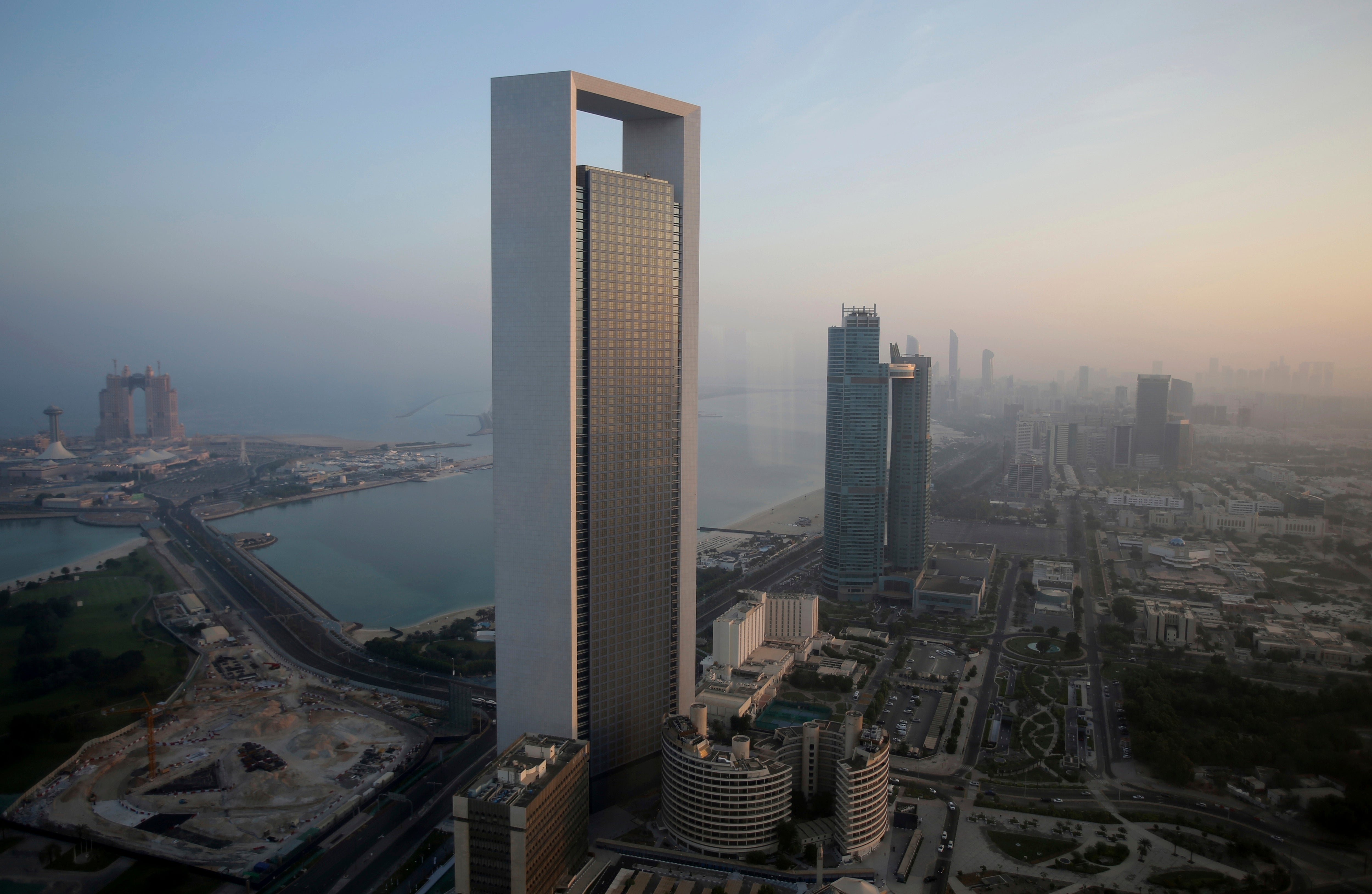UAE state oil firm moves up net zero climate target to 2045
A state-run oil giant in the United Arab Emirates says it has moved up its target for achieving net zero emissions in its operations to 2045

Your support helps us to tell the story
From reproductive rights to climate change to Big Tech, The Independent is on the ground when the story is developing. Whether it's investigating the financials of Elon Musk's pro-Trump PAC or producing our latest documentary, 'The A Word', which shines a light on the American women fighting for reproductive rights, we know how important it is to parse out the facts from the messaging.
At such a critical moment in US history, we need reporters on the ground. Your donation allows us to keep sending journalists to speak to both sides of the story.
The Independent is trusted by Americans across the entire political spectrum. And unlike many other quality news outlets, we choose not to lock Americans out of our reporting and analysis with paywalls. We believe quality journalism should be available to everyone, paid for by those who can afford it.
Your support makes all the difference.A state-run oil giant in the United Arab Emirates said Monday it has moved up its target for achieving net zero emissions in its operations to 2045, as the country prepares to host U.N. climate talks later this year.
The Abu Dhabi National Oil Company, known as ADNOC, said it is also committed to acheiving zero methane emissions by 2030. Methane is a greenhouse gas that is 80 times more potent than carbon dioxide in the short term.
Earlier this year, ADNOC earmarked $15 billion for an array of green initiatives, including the development of hydrogen power, carbon capture facilities and the planting of mangroves.
The company had previously committed to net zero — the balancing of greenhouse gas emissions to the point that the amount removed from the atmosphere is equal to the amount emitted — by 2050.
The UAE, an OPEC member that produces over 3 million barrels of crude oil a day, will host the global climate talks known as COP28 from Nov. 30 to Dec. 12 in Dubai. It has appointed Sultan al-Jaber, the head of ADNOC, to chair the meeting, a move that drew criticism from some environmentalists.
Al-Jaber has emphasized the need to cut emissions, rather than end fossil fuel use itself. It’s prompted fears that he might seek loopholes for untested carbon-capture technologies and so-called offsets that experts say distract from the need to end the release of greenhouse gases.
Governments agreed eight years ago in Paris to limit global warming to 2 degrees Celsius (3.6 Fahrenheit) — ideally no more than 1.5C (2.7F). With average global temperatures already about 1.2C (2.2F) above pre-industrial levels, experts say the window to meet the more ambitious target is closing fast and even the less stringent goal would be missed if emissions aren’t slashed sharply soon.
The UAE, a global hub for business and tourism, has pledged to be carbon neutral by 2050 — a target that remains difficult to assess and one that authorities haven’t fully explained how they’ll reach. Analysts believe the Emirates is trying to maximize its profits as the world turns to renewables.